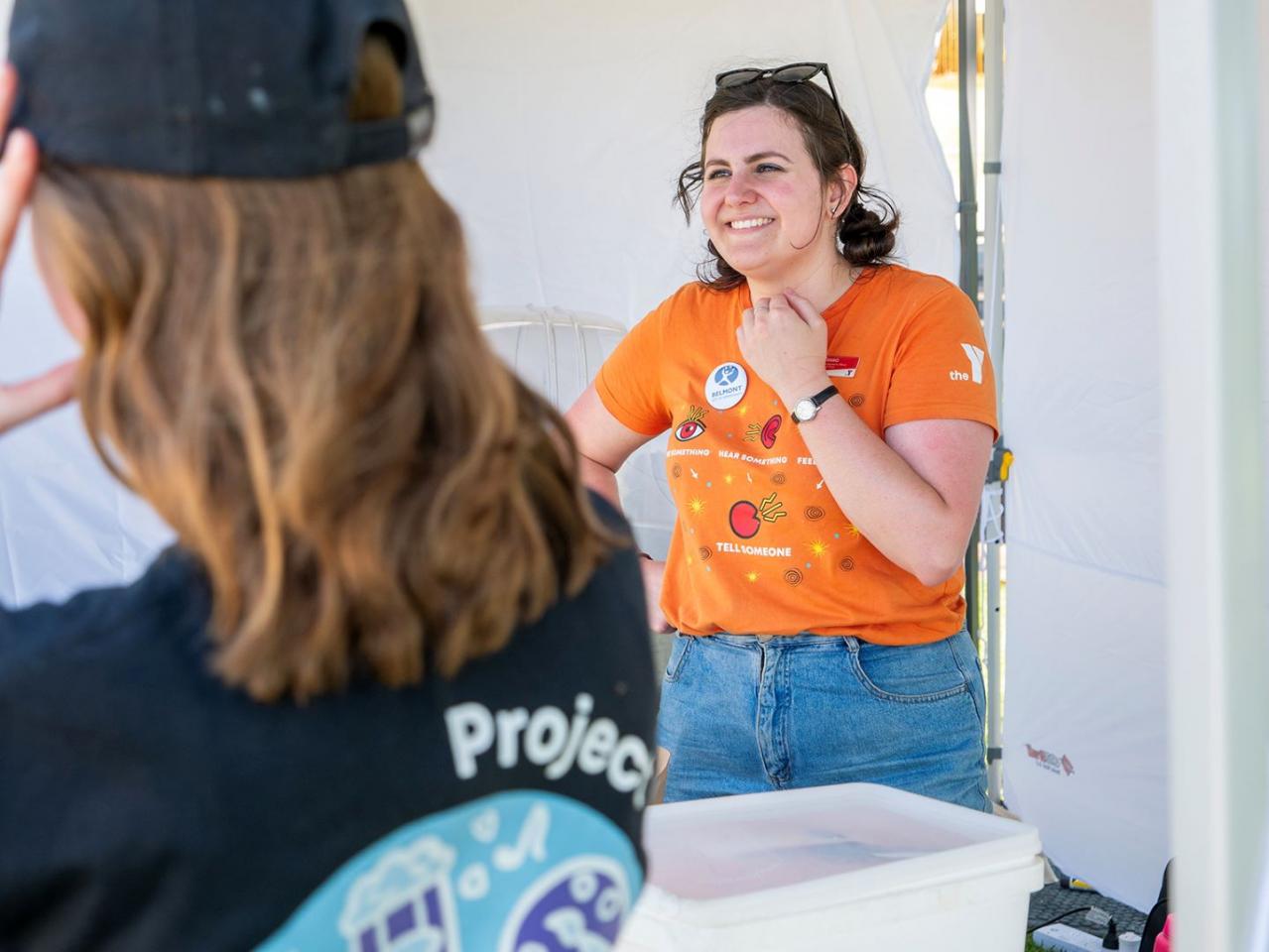While young people can be a positive force for development, they need to be provided with the knowledge, guidance and opportunities to thrive.


This year's International Youth Day, celebrated on 12 August, emphasises the crucial role young people play as a positive force for innovation and development.
This year’s theme, ‘From Clicks to Progress: Youth Digital Pathways for Sustainable Development’, supports the United Nation’s Sustainable Development Goals, which UN Secretary-General António Guterres noted “can only happen if we empower young people and work with them as equals”.
Half of the people on our planet are 30 years old or younger – with the percentage of people in this age bracket expected to reach 57 per cent by the end of 2030.
Leading the charge in digital adoption and innovation, young people can be a positive force for development. However, to succeed they need to be provided with the knowledge, guidance and tools to overcome challenges and the opportunities to thrive.
Youth services organisation The Y WA supports children and young people to flourish in body, mind and spirit through intentionally designed programs and services that foster a sense of belonging, pride in achievements, independence, and purpose in life.
The Y’s youth programs and services focus on three key outcomes: Positive, sustained relationships between young people and competent, caring adults; skill-building opportunities; and opportunities for young people to contribute.
A vital service supporting young people and contributing to their long-term flourishing is the Y Case Management, providing a safe space for young people (aged 12 to 25) to build their support networks, overcome challenges, remain in education and contribute to their community. Between July 2023 and June 2024, 138 young people benefitted from the Y’s Case Management service.

Y WA CEO Dr Tim McDonald emphasised the importance of the service. “It’s no secret that there is a crisis when it comes to increased mental health issues for school aged children. There is an opportunity for Government to fund this preventative mental health care model in schools across the state,” he said.
“We know intervention works and the outcome goes beyond the individuals benefiting. This support service saves the community money as it works to prevent young people from entering the juvenile justice system, reduces the need for chronic mental health care and basically triages their support before it escalates to serious harm or criminality. On top of that it is contributing to improved behavioural, educational and lifelong outcomes.”
Experienced Y case workers offer personalised support through tailored interventions based on each young person's individual case plan. Examples includes psychosocial education, risk assessments, safety planning, specialist referrals, resume writing, job applications, homelessness assistance, and Centrelink support.
In addition to case management, the Y WA offers a range of programs designed to support and engage young people across Western Australia, including The Base@Belmont, The Y WA Youth Parliament, Drumbeat Program, Y Time in Armadale, Y HQ in Leederville, and The Y School.

Iconic WA safety education charity Constable Care Foundation (CCF) has expanded its reach beyond young children to work with teenagers in the past decade. “We aim to give teens tools to tackle typical social pressures affecting their day-to-day lives,” CCF chief executive Ian Anstee said.
“Our world is changing very quickly so we’re constantly updating our programs so they remain relevant to today’s youth.”
CCF’s Youth Choices programs use theatre, film and technology to explore issues such as the risks and reasons behind substance abuse, the importance of consent and social boundaries, how to recognise early signs of mental illness and seek help, bullying and cyberbullying, family and domestic violence and coercive control, cultural diversity and discrimination; or participants can even choose their own topic to unpack.
CCF also runs the popular police-led City After Dark walking tours of Northbridge and the CBD to give young people skills to remain safe on a night out.
“Our programs don’t just raise awareness about certain issues but empower young people with skills they can carry for a lifetime,” Mr Anstee said.
Over the past 12 years, Foodbank has been working with teens and youth on nutrition education and cooking programs.

“We have tailored our educational programs to include food preferences of this age group and mapped the truths of some of the foods that are over consumed. In doing so we have also realised that for many, it’s not a matter of socio-economic status, but a level of experience with food preparation,” Foodbank WA CEO Kate O’Hara said.
“Our programs have often seen participants that have never eaten some vegetables, never prepared food at all, or used a kitchen knife. As each student has then understood and prepared their own meals and realised just how tasty they are, we are always surprised at how proud they were of what they made.”
One participant noted, “I didn’t realise that all I needed was knowledge and confidence. Thank you, I now have both."













